The Republic of Moldova, between the union and the grey area
On the centenary of the union of Bessarabia with Romania, society is divided in the ex-Soviet, majority Romanian-speaking Republic of Moldova between those who are in favour and who are opposed to the union with Romania

România Internațional, 03.04.2018, 13:33
On the centenary of the union of Bessarabia with Romania, a recent poll carried out by the Association of Sociologists and Demographers shows that almost half of Moldovan voters support the Socialists Party led by the country’s pro-Russian president Igor Dodon.
Also, the number of people in favour of European integration, namely 36%, is now lower than of those in favour of closer ties with the Euroasian Union, that is 41%. In the event of early elections, only four political parties would make it into Parliament, the poll also suggests.
Almost half of respondents would vote for the Socialists Party, 19% for the pro-European Action and Solidarity Party, 11% for the ruling Democratic Party, and 9% for the Dignity and Truth Platform Party. According to the poll, the pro-Russian president Igor Dodon is the most trusted politician in Moldova, with a confidence rating of 50%, followed by the leader of the Action and Solidarity Party Maia Sandu, with 22%, and, much further behind, by the communist ex-president Vladimir Voronin, the prime minister Pavel Filip and the leader of the Democratic Party Vlad Plahotniuc. More than half of respondents have no trust in any politician.
Against this backdrop, public consultations have begun in Chisinau in the run-up to a possible referendum on the union of the Republic of Moldova with Romania. The participants have to choose between two options, Yes or No, by the 14th of April. The survey is conducted by the European Social-Political Centre. 100,000 of the 300,000 voters in Chisinau will be canvassed, explains sociology expert PhD Andrei Dumbraveanu, who says the number of unionists has grown compared with 20 or 30 years ago.
Andrei Dumbraveanu: “We have a generation of people who know the historical truth and who have studied in the West. We must also note the big influence exerted by the media, which are in favour of maintaining Russia’s influence in these parts, so many people aren’t yet sure which way to go.”
500 canvassers will conduct door-to-door surveys, but electronic voting may also be an option.






























